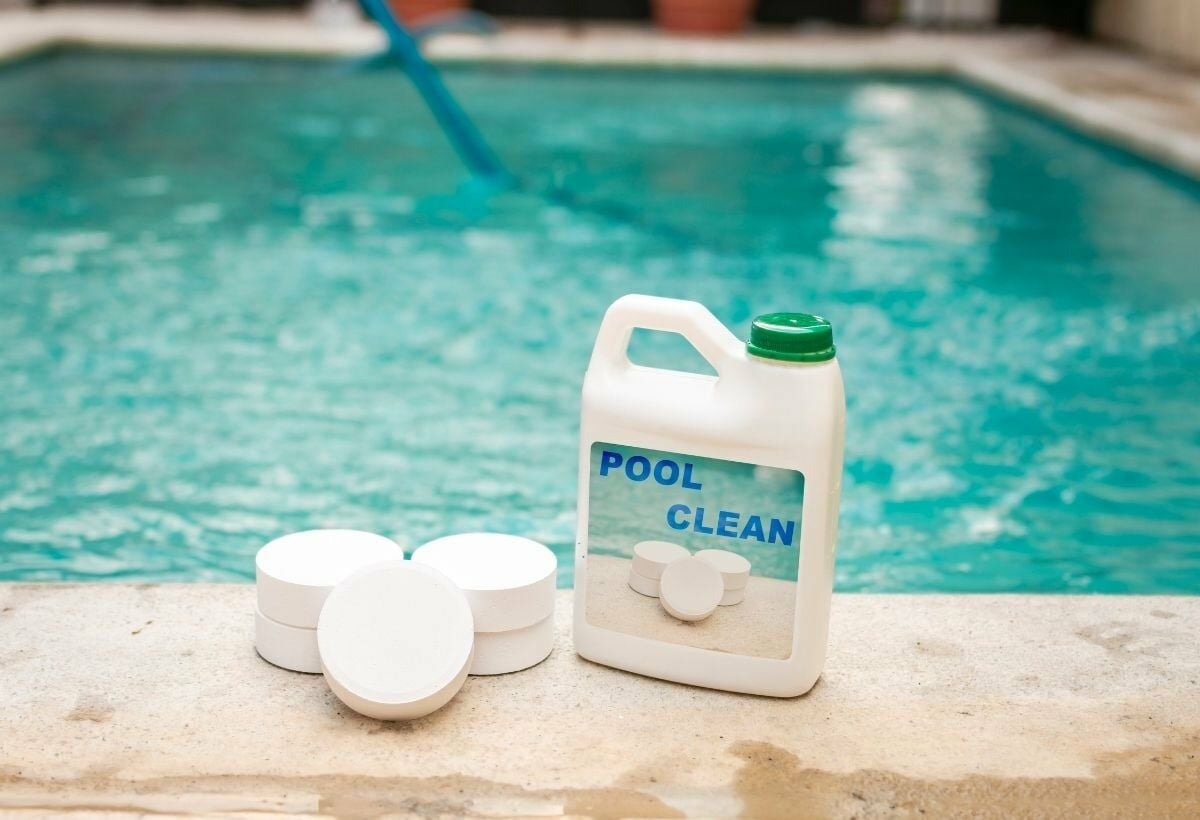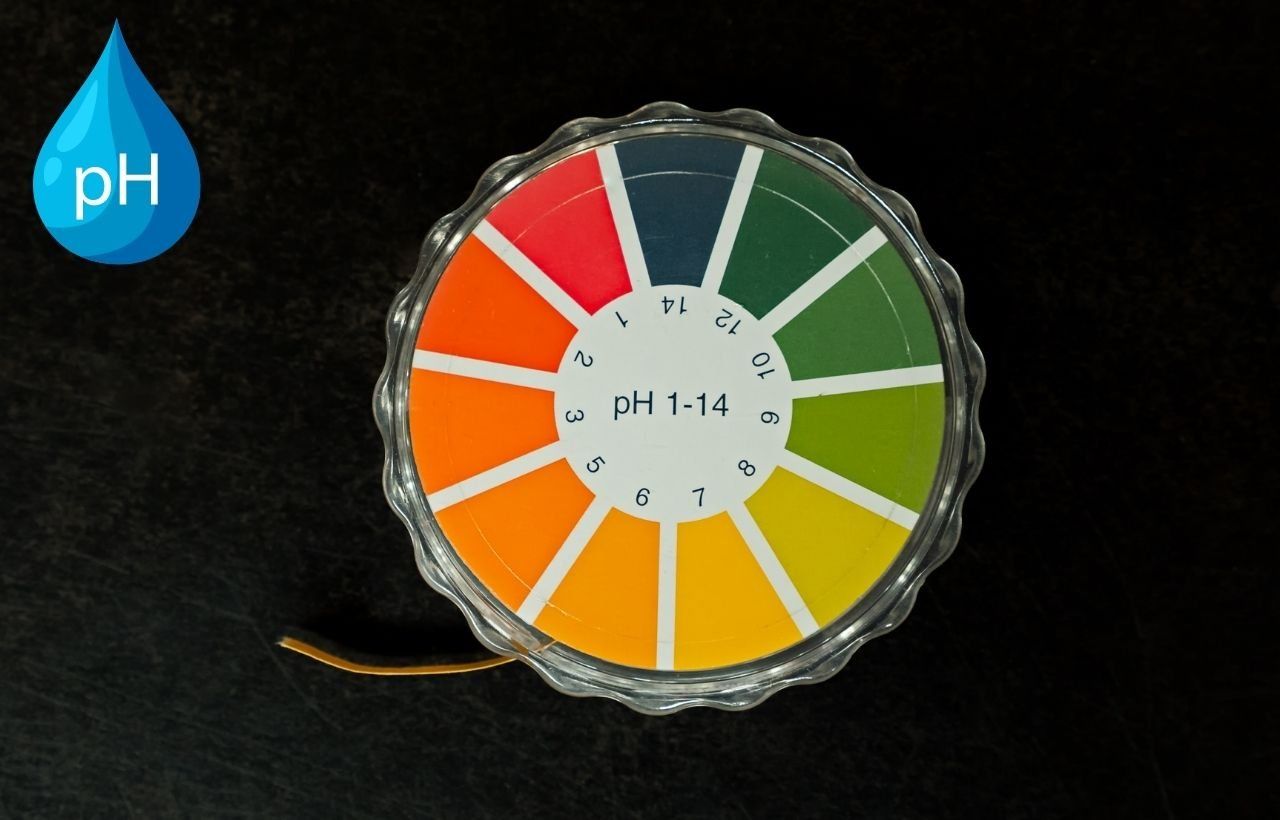Blog Tags
Basic Equipment in Pool Maintenance: Pool Pump, Filter and Cleaning Materials
As a pool owner, you know that while you can enjoy having crystal clear water, you also need to take care of your pool properly. It is very important to choose and use the right equipment to maintain the water quality of your pool and ensure its longevity. Here are the cornerstones of pool maintenance: pool pump, filter and cleaning supplies.
Havuz Suyu Bakımında Kullanılan Temel Havuz Kimyasalları
Havuz sahibi olmanın keyfi suyun temiz, berrak ve sağlıklı olmasından gelir. Havuz suyunun kalitesini korumak ve optimum koşullarda tutmak için bazı temel havuz kimyasallarına ihtiyaç vardır. Bu yazıda, havuzunuzun suyunu nasıl koruyacağınızı ve hangi kimyasalların kullanılacağını öğreneceksiniz.
Pool Maintenance: Expert Advice and Things to Know
Owning a pool provides a great opportunity to cool off on hot summer days. However, regular maintenance is essential for keeping your pool healthy and clean.
What are Pool Materials?
The pool is a great place to cool off and have fun in the summer. However, building or purchasing a pool is a costly investment. Therefore, it is important to be careful when choosing pool materials.
How to Prevent Pool Algae?
Pool algae is a kind of algae that lives in the pool water and spoils the appearance of the pool. Pool algae grows using the minerals and organic matter found in the pool water. Pool algae makes the pool water cloudy, clings to the walls and floors of the pool, making it difficult to clean the pool and lowering the quality of the pool water.
Havuz pH Yükseltici Nedir?
Havuz pH yükseltici, havuz suyunun pH değerini yükseltmek için kullanılan bir kimyasal maddedir. pH değeri, havuz suyunun asitlik veya alkalikliğini ifade eder. pH değeri 7,0 ise nötrdür. pH değeri 7,0'dan küçükse havuz suyu asidik, pH değeri 7,0'dan büyükse havuz suyu alkaliktir.
Havuz Kloru Nedir?
Havuz Kloru Nedir? Havuz kloru, havuz suyunun dezenfeksiyonu için kullanılan bir kimyasaldır. Bu klor çeşidi, havuzdaki mikroorganizmaları etkisiz hale getirerek suyun temiz ve güvenli olmasını sağlar.
Pool Chemicals and Determining the Correct Chlorine Amount
How Much Chlorine Should Be Added to a Pool? Chlorine Amount (gr) = (Your Pool's Water Amount (L) x Target Chlorine Level (ppm)) / Chlorine Concentration (%) There are many options for purchasing pool chemicals. You can get pool chemicals, pool equipment, pool supplies and special pool chemicals on our website.
Pool Filtration Systems: How It Works and Which Pump Should You Choose?
An effective filtration system is necessary for your pool to have clean and healthy water. The role of components such as the pump, filter tank and filter media is explained, emphasizing that factors such as the size of your pool, circulation rate, energy efficiency and noise level are important in pump selection. By choosing the right pump, the pool water is purified from pollutants and remains clear and clean, providing a pleasant swimming experience.
What are the Pool Materials
Swimming pool materials consist of various elements, along with the equipment and chemicals required for pool construction. Pool construction materials: Pool frames and support systems Waterproof materials Coating materials (ceramic, natural stone, etc.) Pool stairs and equipment Pool filtering system: Filter tank and filter materials (sand, zeolite, etc.) Pool pump and motor Filter valves and manifolds Drainage and drainage systems Pool water chemicals: Disinfectants (chlorine, bromine, etc.) pH regulators Alkalinity regulators Algae inhibitors and algae control products Pool cleaning equipment: Pool cleaning machine or automatic cleaning robot Pool bucket or nets Strainers and cleaning brushes Telescopic pool poles Pool vacuum systems Safety devices: Pool fence or gates Pool alarm systems Life jackets or life buoys Pool ladders Pool heating and lighting systems: Heating systems (heat pumps, gas or electric heaters) Pool lights (LED etc.) These materials, construction, operation of swimming pools and essential for maintenance. While the pool construction materials form the structure of the pool, the filtration system cleans the water and the chemicals provide the balance of the pool water. Pool cleaning equipment and safety tools ensure the cleanliness and safety of the pool. Heating and lighting systems increase the comfort of the pool.
Chemical Use in the Pool
Swimming pool chemicals and their uses Pool chemicals are very important in keeping pools clean, healthy and hygienic. These chemical products are used to balance, disinfect and maintain pool water. Here is a summary of the uses and benefits of pool chemicals: Chlorine: Chlorine products are the most widely used chemical disinfection products in swimming pools. Chlorine kills germs, bacteria and algae in the pool, keeping the water clean and healthy. pH regulators: The pH value of the pool determines the acidity or alkalinity of the water. pH regulators keep the pH level of the water in the ideal range and provide water balance. It prevents eye and skin irritation and increases the effectiveness of disinfection. Alkalinity enhancers: Alkalinity is important in maintaining the pH balance of the water. Alkalinity agents regulate the alkalinity of water and help keep the pH constant. Hardness Tests: Hardness determines the amount of calcium and magnesium dissolved in water. Hardness regulators regulate the water hardness level, prevent the formation of limescale that damages the water and prolong the life of the device. Algae inhibitors: Algae inhibitors are used to prevent the growth of algae in pool water. Algae inhibitors keep the water clean and prevent algae growth. Clarifier: The clarifier removes turbidity and particles from the water, giving it a clearer appearance. This chemical binds the fine particles together and facilitates their removal by filtration.











